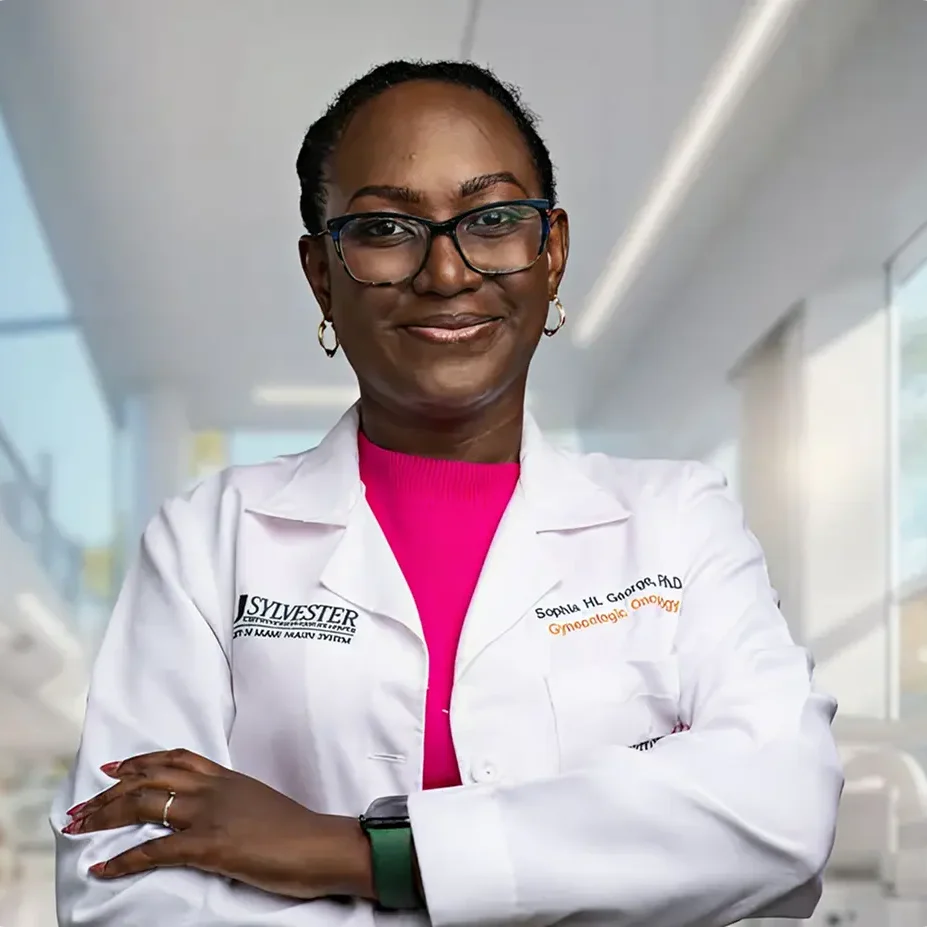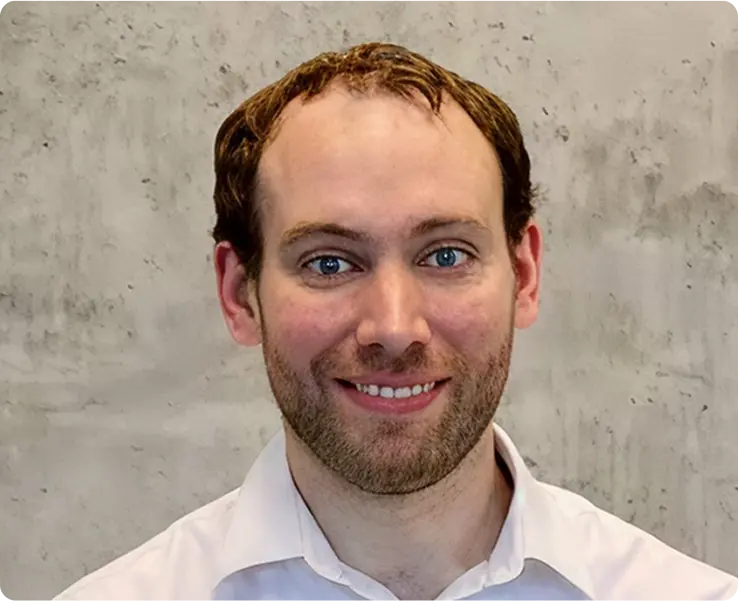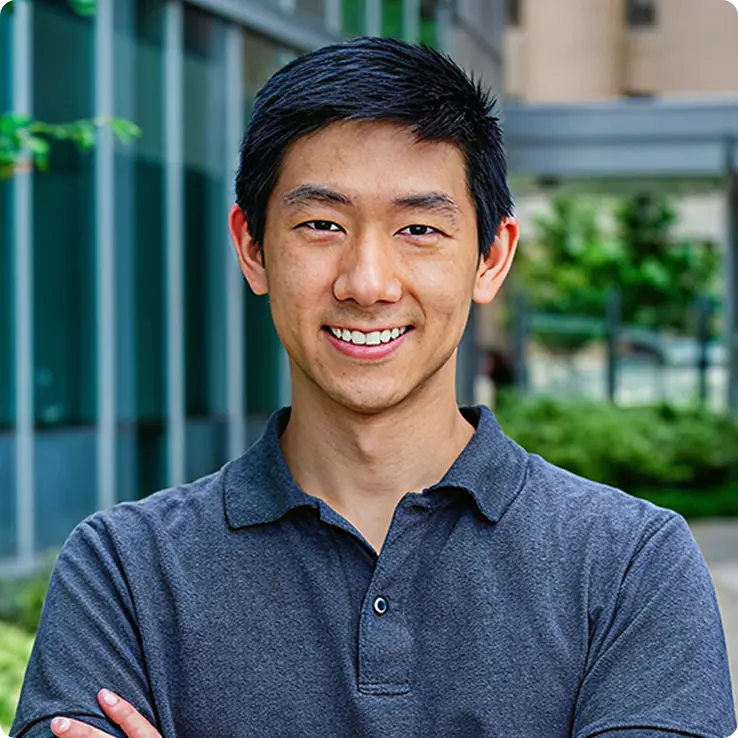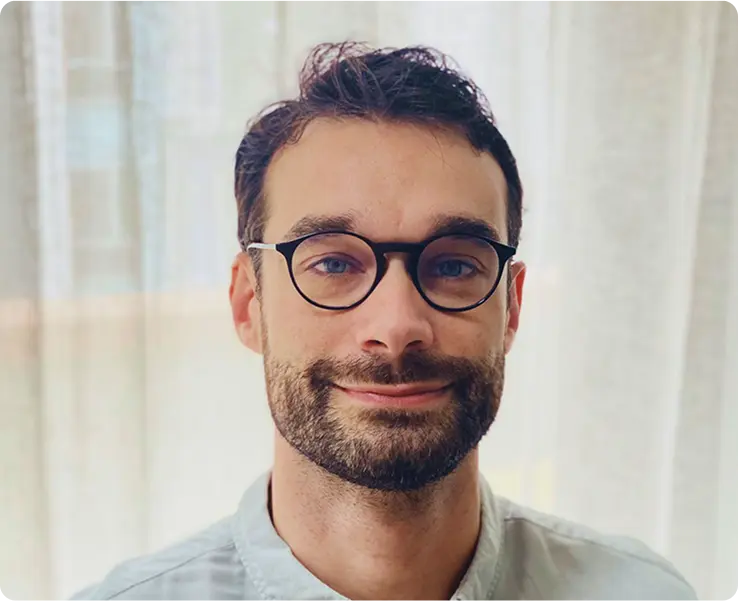A deeper dive with Sophia George
Increasing diversity in single cell studies

“This is truly an opportunity to scale our discoveries by leveraging our existing comprehensive collection of tissues and questionnaire data to answer questions about genetics, epidemiology, and cell biology.”Dr. Sophia George Associate Professor, Division of Gynecological Oncology, Leonard M. Miller School of Medicine
Top-level highlights
4M
Total cells in planned study
400
Total samples and conditions in project: tumors and matched controls
4
Global regions in project
Addressing cancer disparities through diverse population sampling
Through the African Caribbean Single Cell Network, Dr. Sophia George is studying gynecologic and breast cancers across genetically diverse populations, focusing on previously underrepresented groups to understand how genetic background influences cancer development and outcomes.
Large-scale multi-tissue analysis
Her team will analyze hundreds of tumor and normal tissues from gynecological cancers and breast tissue, along with matched peripheral blood mononuclear cells, generating massive datasets to capture comprehensive cellular and immune profiles across different populations.
Uncovering population-specific disease mechanisms
By profiling this large and diverse cohort, the research aims to reveal previously unknown differences in disease pathogenesis and systemic immune responses that contribute to cancer disparities, providing insights that could lead to more personalized and equitable treatment approaches for underrepresented populations.
Featured articles
Nature Portfolio: Article featuring Sophia George
Genomic insights could boost equity in global cancer care
Chan Zuckerberg Initiative project information
African Caribbean Single-Cell Network
Related customer stories
QuantumScale Single Cell RNA
One flexible platform to meet any scale and research vision.


From vision to discovery: Researchers transforming biology through scale
Learn more about the researchers and their ambitious single cell projects.


